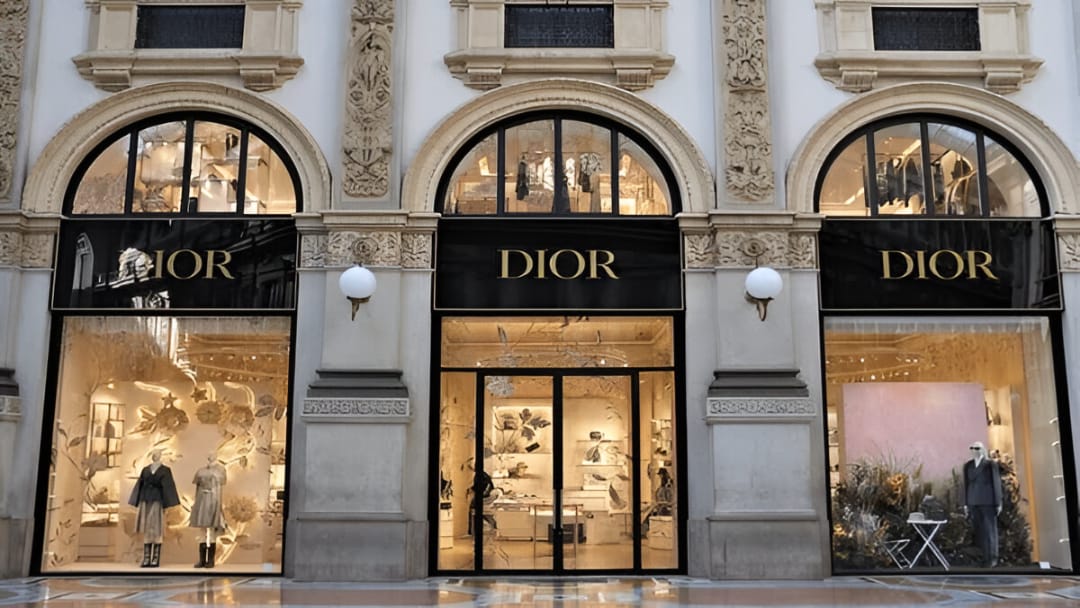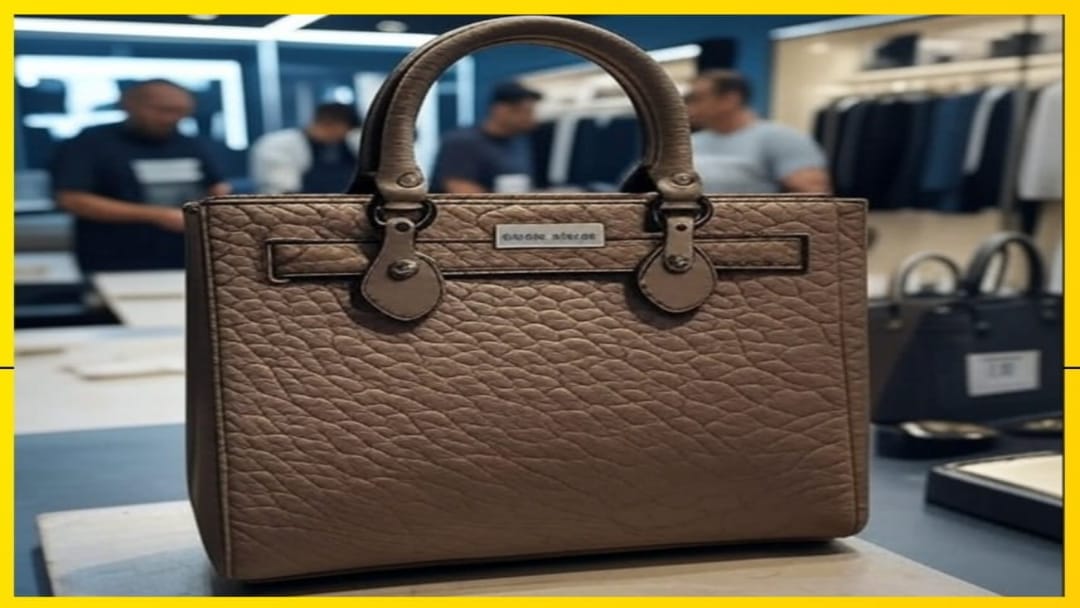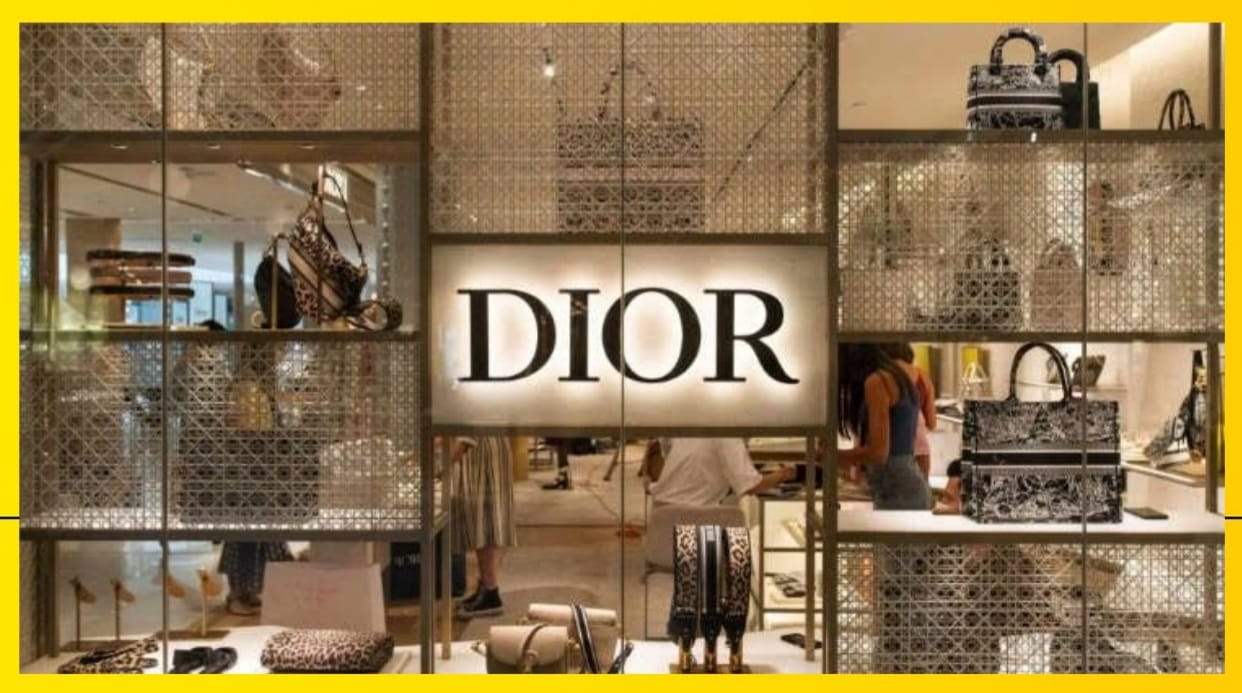
For years, “Made in Italy” has been synonymous with top-notch craftsmanship. But court investigations reveal Dior’s bending the rules to keep up appearances. Chinese-owned sweatshops in Italy churn out these products under harsh conditions, with workers earning far below minimum wage. Meanwhile, those handbags get posted all over Instagram, worn by influencers and celebrities, making everyone want to own a piece of that ‘fit’.
The truth? You’re paying for the name, not the quality.
The Arnault family, who own nearly half of LVMH (Dior’s parent company), are now worth about $250 billion. How? By selling overpriced luxury goods to everyday people desperate to look wealthy. Their strategy is simple: create a brand that screams status, flood social media with it, then watch as young people with modest incomes go into debt trying to keep up.
Here’s the catch: chasing a wealthy image often means staying broke. Nearly 90% of shoppers aged 18 to 34 — the group with the least disposable income — are interested in luxury brands. From designer clothes to luxury cars on payment plans, the obsession with status is real. And with credit so easy to get, it’s never been simpler to fake a lifestyle you can’t really afford.
 But all that comes with hidden costs: high interest, financial stress, and lost chances to actually build wealth. Luxury brands sell more than products — they sell dreams. They make people feel important and admired. But now, with proof of Dior’s shady practices, some consumers are starting to question the hype. Still, many assume the high price means high quality — but the truth behind the materials and labor tells a very different story.
But all that comes with hidden costs: high interest, financial stress, and lost chances to actually build wealth. Luxury brands sell more than products — they sell dreams. They make people feel important and admired. But now, with proof of Dior’s shady practices, some consumers are starting to question the hype. Still, many assume the high price means high quality — but the truth behind the materials and labor tells a very different story.
It’s time to rethink what luxury really means. Is it just a logo? A status symbol? Or is it about quality, ethics, and sustainability?
If you’re a young person chasing designer brands to feel validated, remember this: the truly wealthy aren’t buying Dior bags to look rich. They’re investing in assets, not accessories.
Before you pull out your card for a bag that will break the bank, ask yourself — is it really worth it?
To shop our vintage luxury shop please visit our site here. Carrying a beautiful bag that is both fashionable and investment piece can be done in a way that helps you save for your future, and feel great about your choices.
Make smarter money choices. Buy value. Consider pre-loved pieces.

